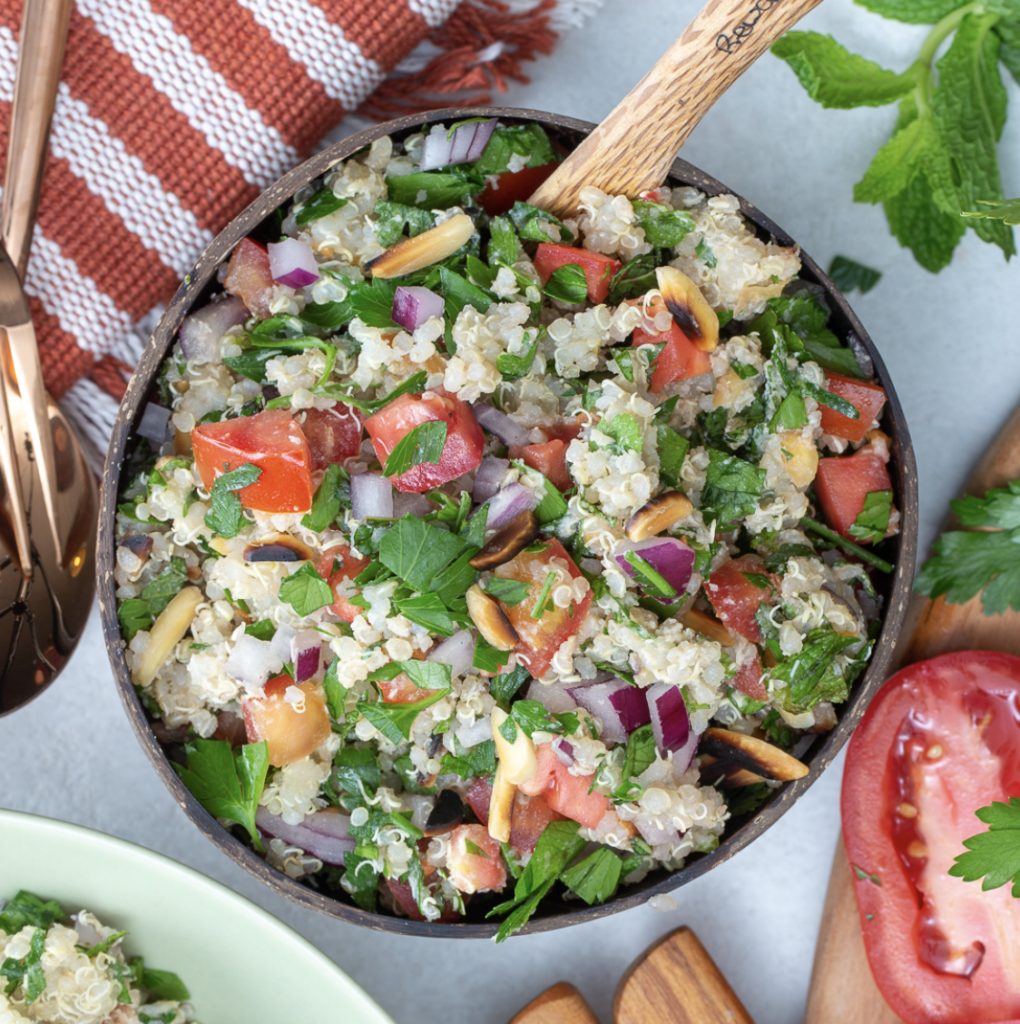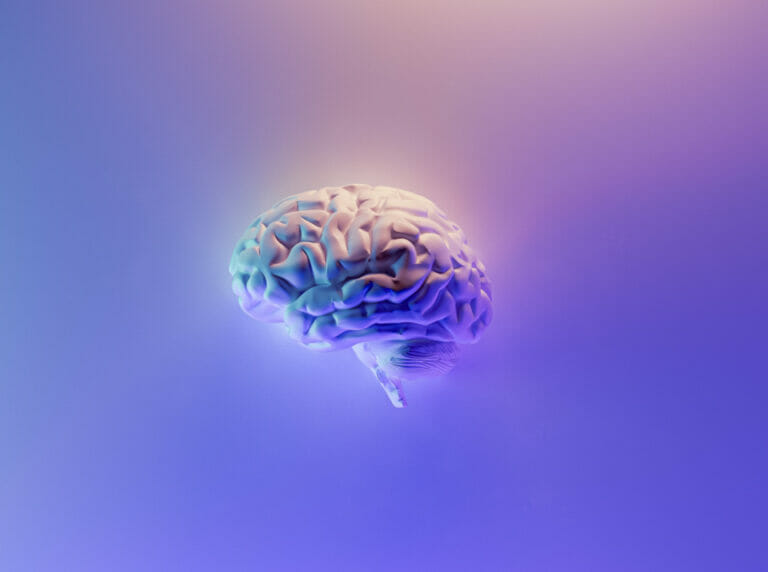![]()
Boost your positive thinking! The best diet for your mental health

The age-old saying ‘you are what you eat’ may have some truth behind it, as many experts have found that your diet directly impacts your mental health.
It makes sense… Our brains are fuelled by food, and they control how we feel.
A poor diet can be detrimental to how we feel, and healthy eating can benefit brain function.
How a Western diet could be impacting our mood

Our behaviour patterns have changed over the last few decades. People discuss mental health more now than they did in previous generations, which is good.
The stiff-upper-lip attitude has its own problems regarding mood disorders. Still, many experts wonder if our current diet impacts our mood.
A study published in the American Journal of Psychiatry looked at the association between western and traditional diets and the development or risk of depression in over 1,000 women.
Researchers found that those with ‘traditional’ diets, rich in healthy whole foods such as whole grains, fruit and vegetables, had lower rates of mental disorders.
A ‘western’ diet, characterised as being full of highly processed, fried foods with refined grains, sugar and beer, was seen as triggering a higher incidence of mental illnesses such as major depression and anxiety disorders.
Other studies show this ‘western’ diet with high levels of sugary foods increases the risk of mental illnesses by 35%. Overall health is improved by following a balanced diet that includes healthy fats like omega-3 fatty acids, carbohydrates, dietary fibre, antioxidants and whole foods.
How does food impact your mood?

It could be due to the neurotransmitter serotonin, which assists in the regulation of sleep, appetite, moods and inhibition of pain.
Your gastrointestinal tract is lined with millions of neurons, which produce the majority of serotonin.
This means that your digestive system doesn’t just help you process food. It also helps direct your emotions.
How these neurons function is also impacted by the billions of good gut bacteria in your gut that protects you from toxins and bad bacteria.
Good bacteria also influence how well your body absorbs nutrients from what you eat and activates the neural pathways that travel between the digestive system and the brain.
Your gut affects how you store fat, your blood glucose levels and how you react to hormones that make you feel hungry or full.
A balanced diet full of healthy foods can help produce a healthy gut, lowering your risk of depression and improving your overall health.
How can changing your diet help?
Your gut is like your second brain, and you need to take care of it!
The most beneficial thing you can do for your gut microbes is to eat ‘good gut bacteria’ or probiotics.
Probiotics have been proven to reduce anxiety and stress perception and improve mental outlook. A balanced diet will allow you to get these good bacteria and help your physical health whilst supporting your brain health.
Food to help improve your gut

Fermented foods are the best for good bacteria, think sauerkraut, tempeh, kefir, kimchi or miso.
If you’ve tried these and they aren’t to your taste. Try broccoli, asparagus, Jerusalem artichoke, seaweed, flaxseed, garlic, bananas and apples – these foods are gut bacteria and good bacteria friendly.
Make sure you also provide your good bacteria with ‘prebiotics’ to thrive, such as other fruit, vegetables and whole grains, which are good sources of dietary fibre.
The best diet for your mental health
We’ve established that fermented food is good for your mental health, but what else?
A new paper published in Psychosomatic Medicine has revealed what diet to eat to improve your mental health.
Experts analysed findings from 16 studies with nearly 46,000 participants from the United States, Australia, and Europe, ranging from ages 21 to 85.
The experiments were diverse and varied. Some asked participants to boost nutrient intake, follow a vegan diet or reduce fat intake.
Other studies restricted calories; some asked people to attend nutrition classes together, some asked participants to attend counselling, while some just took home a set of guidelines. These diets were followed for a period ranging from a couple of weeks to a few years.
A healthier diet reduces symptoms of depression.

The good news is, overall, adopting a healthier diet full of nutritious foods did lead to reduced symptoms of depression and increased energy levels.
Moreover, it seems healthy eating programs tended to work better for women. Maybe that’s because they’re more likely to follow them?
Counselling helps

Another interesting find was that those who were getting advice and counselling as well as eating a healthy diet tended to benefit more.
On average, across all 16 studies, healthier diets alone didn’t seem to make people less anxious after changing their eating habits.
“There’s no real evidence to suggest that one diet works better than another,” the study notes concluded.”
“It’s more important actually to stick to any healthy diet.”
Find More Nourishing and Functional Food in the Healthy Mummy Wellness App

The Healthy Mummy Wellness app is built to support mums’ mental, physical and social well-being. We have expert advice to help mums makeover their minds, transform their mood, manage their hormones, sleep better and engage with their family. You can listen to podcasts, read blogs, work out with our trainers and find healthy, family-friendly recipes from the palm of your hand.


